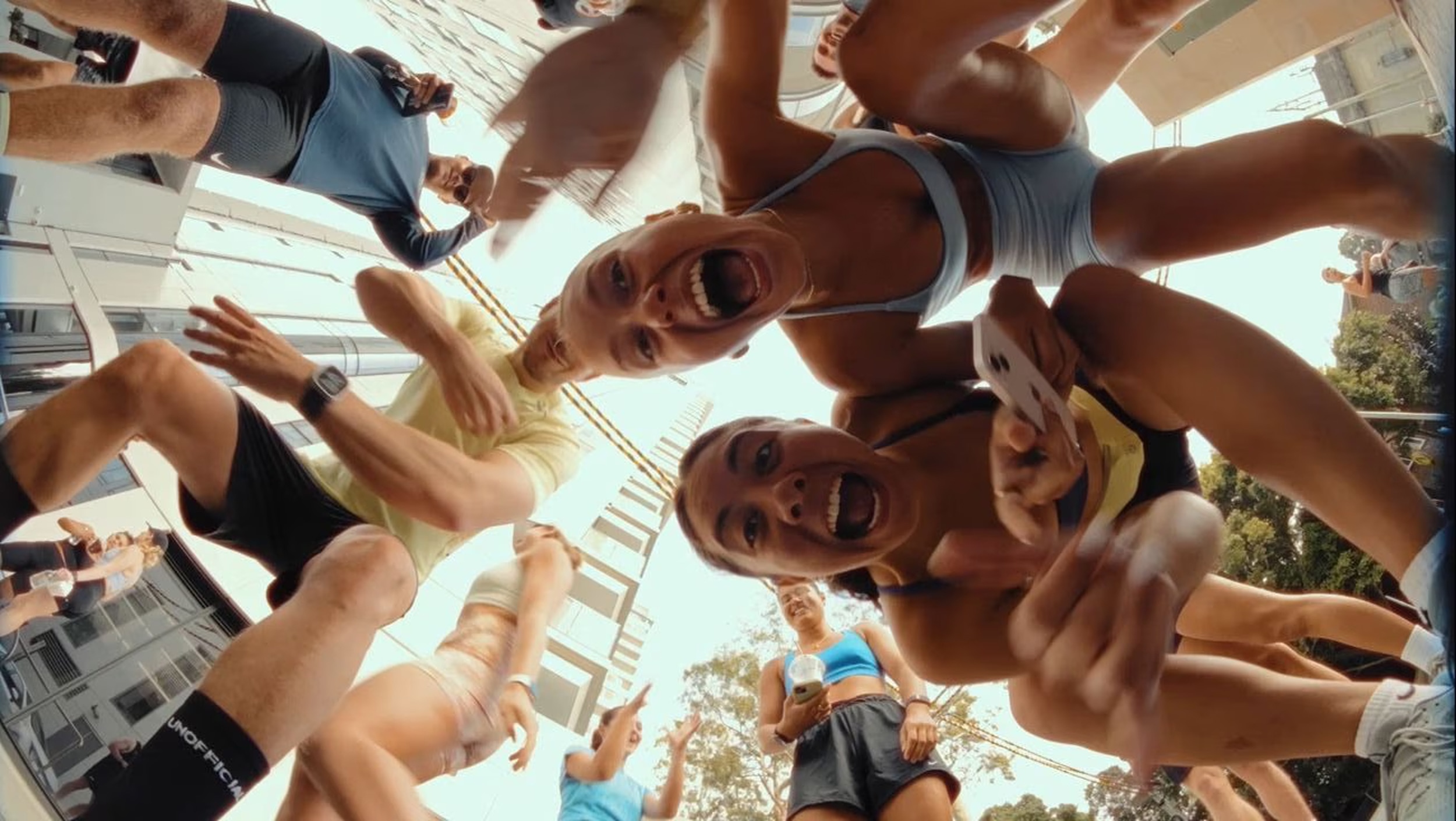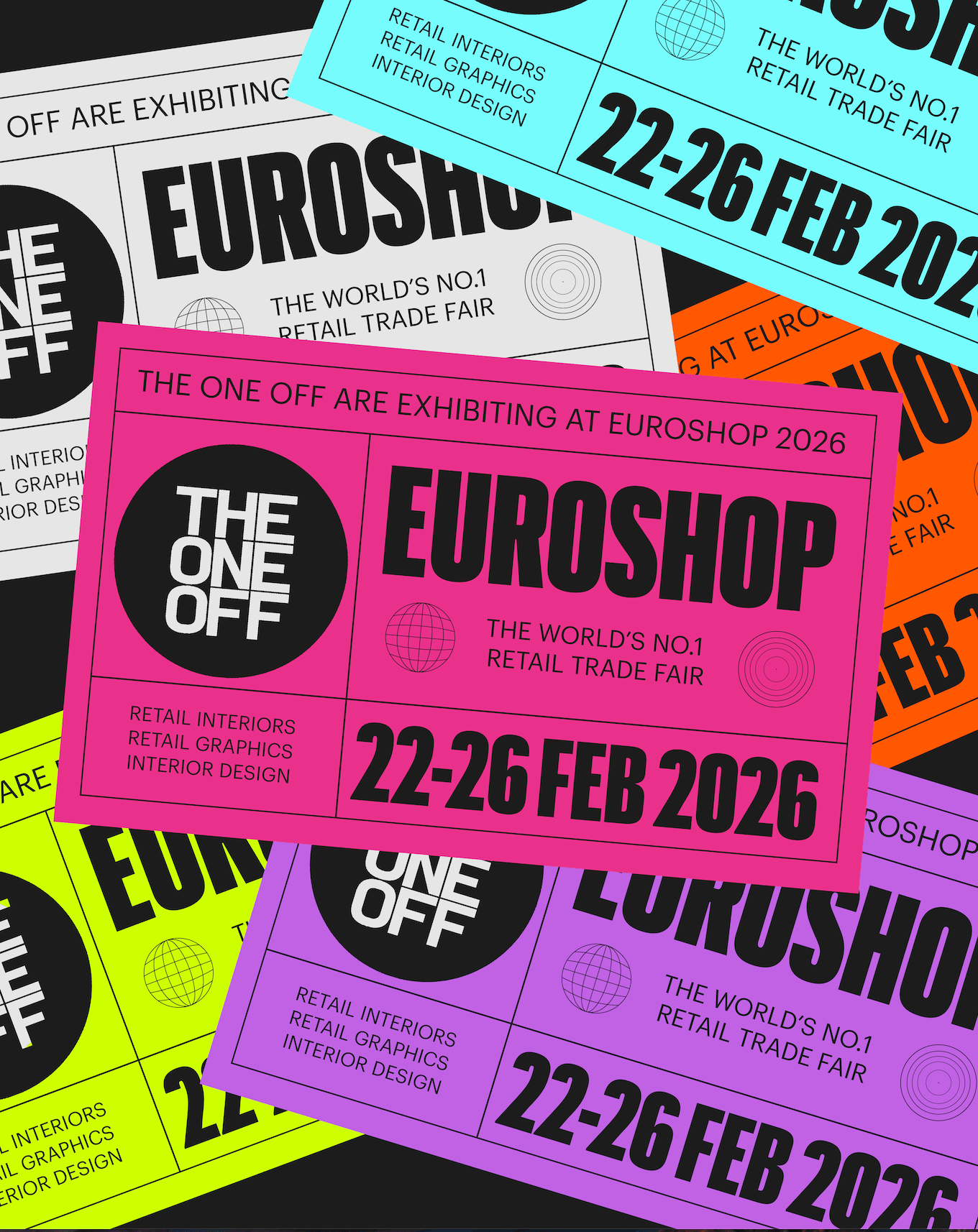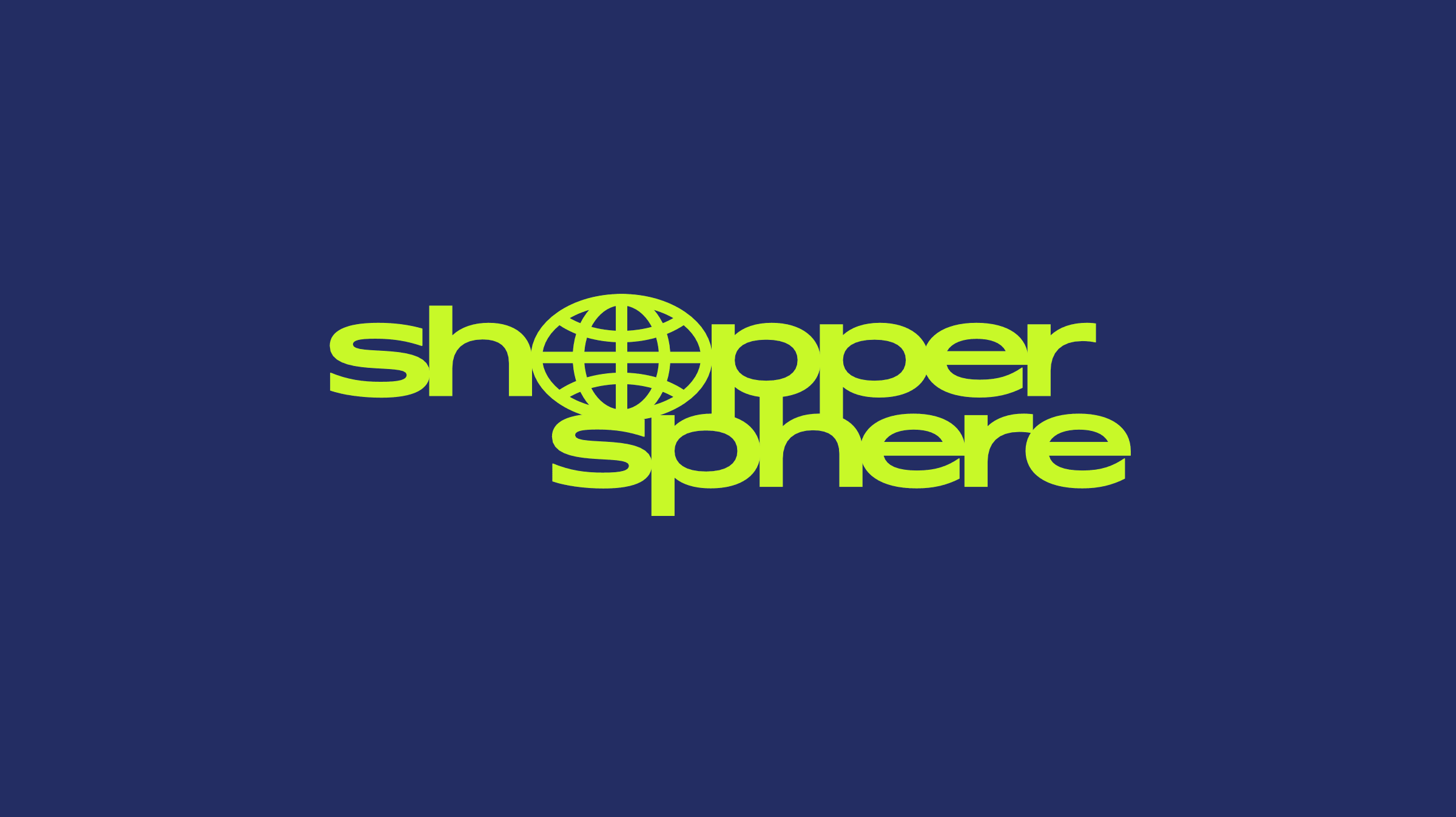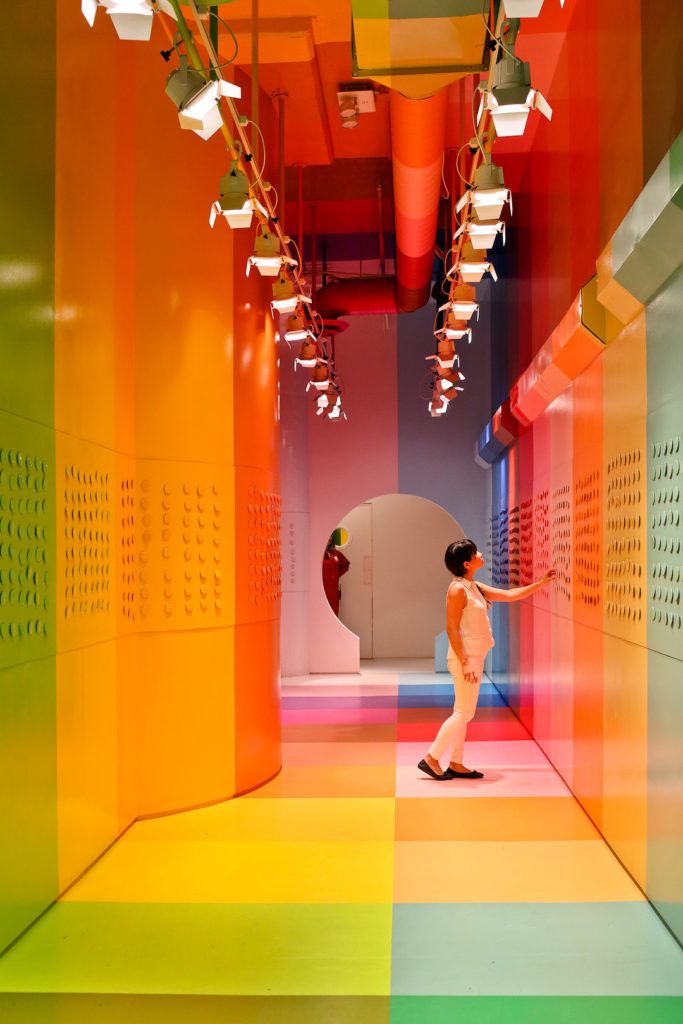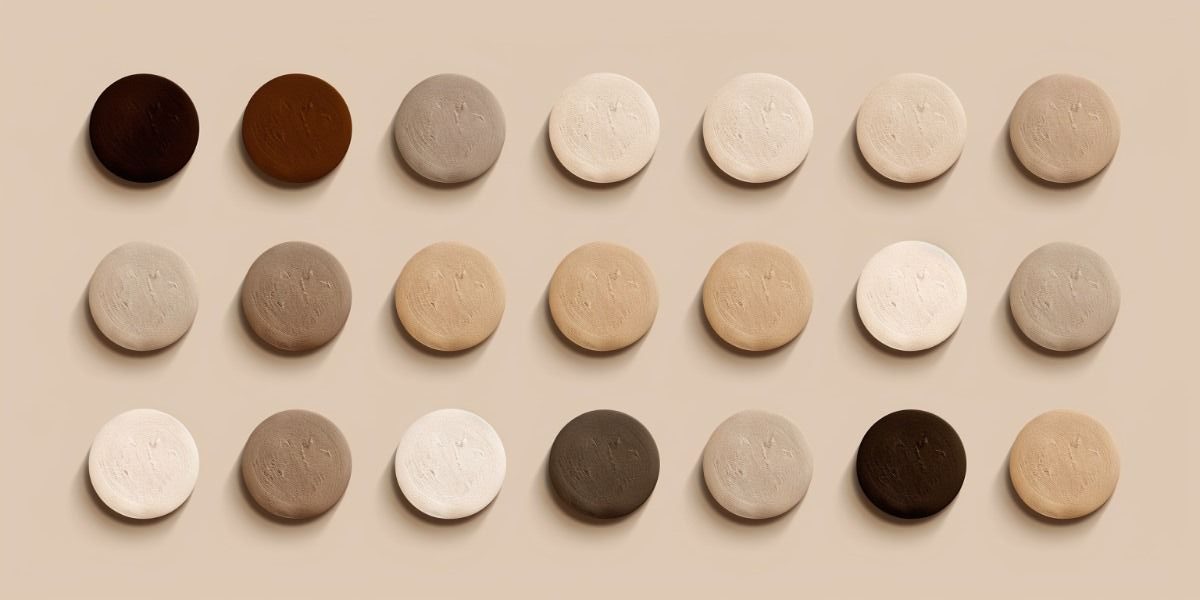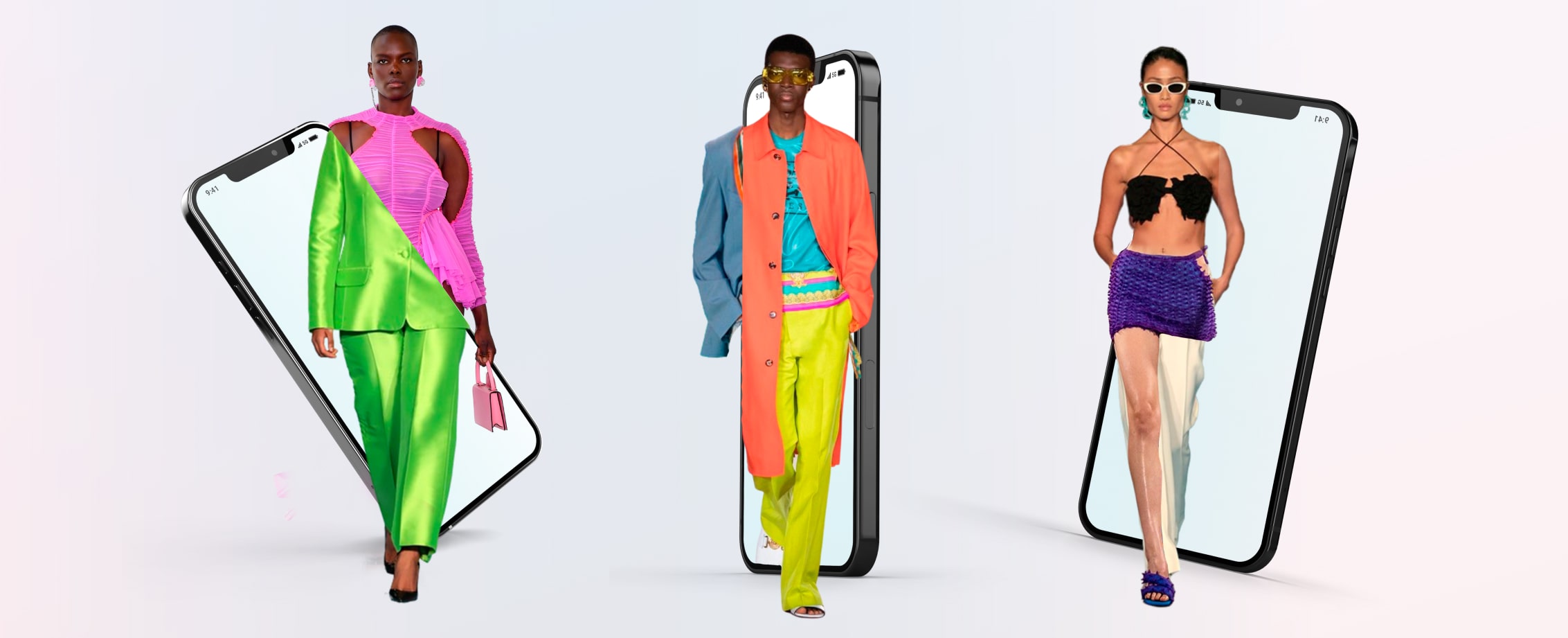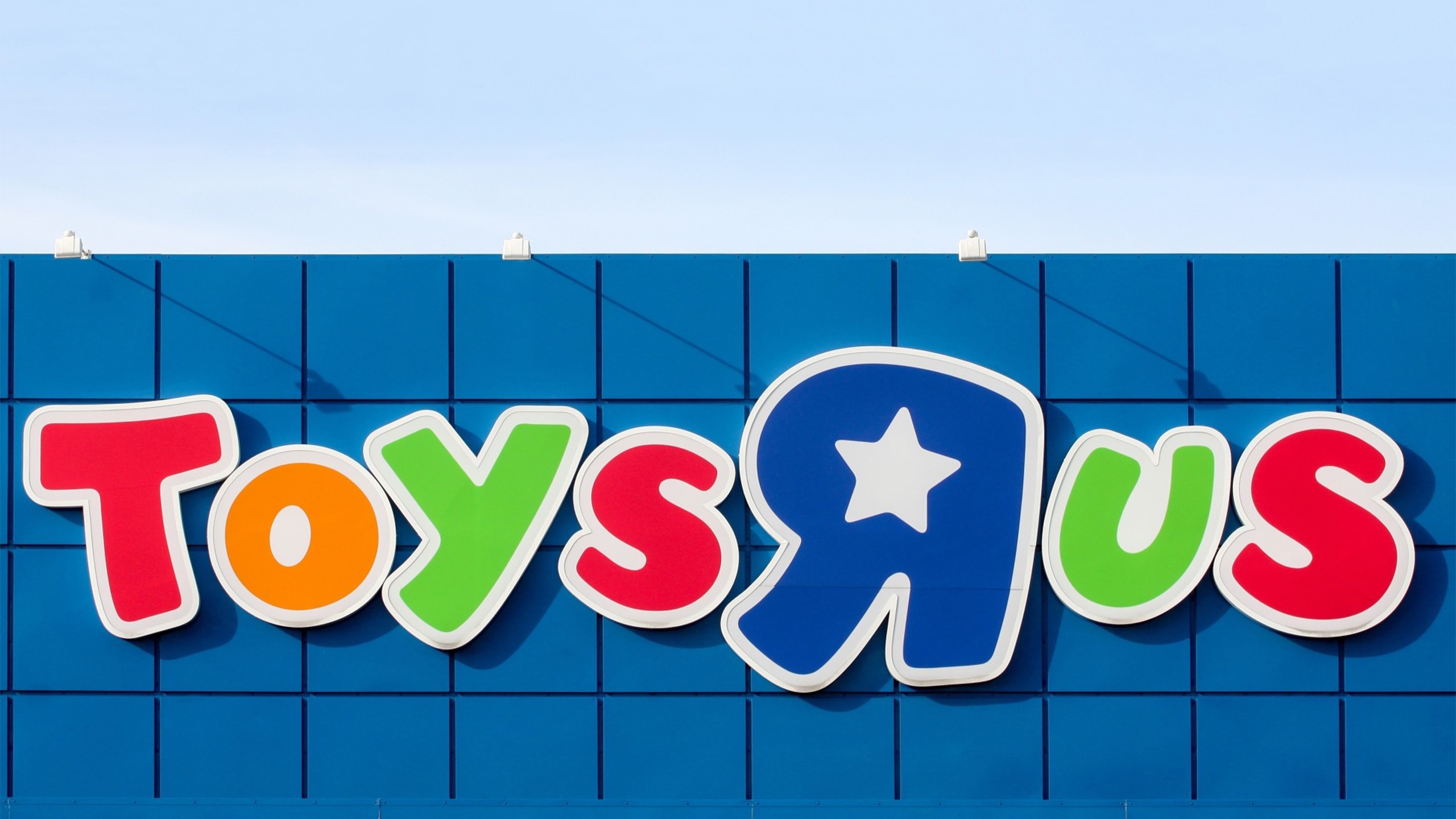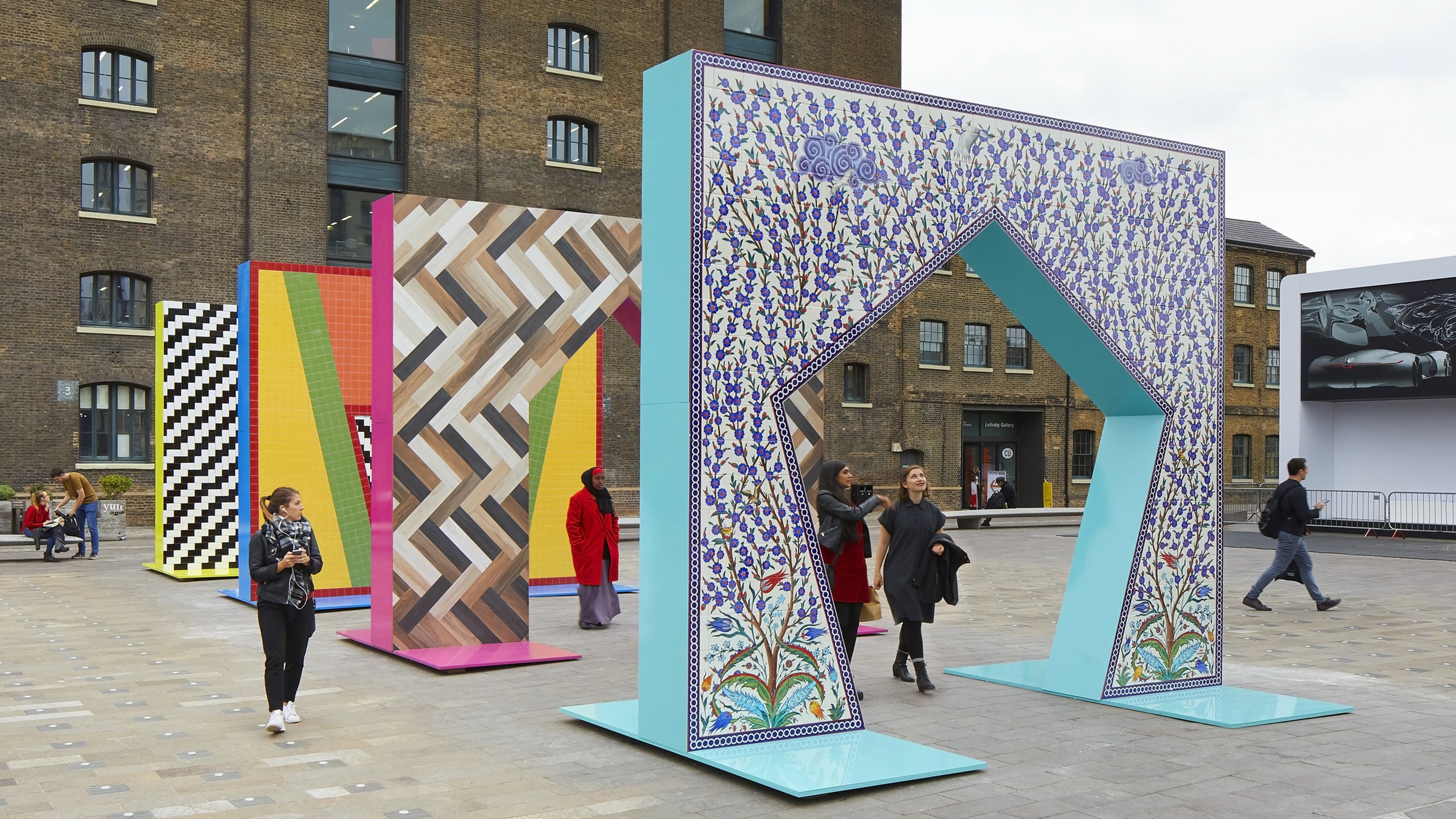News & Insights
Work, Words, What's Next
Lifting The Game: The Female Fitness Landscape is Shifting
After years of being sidelined, women’s fitness is finally getting the spotlight it deserves. The sector is growing fast and brands are jumping on the opportunity to connect to this increasing consumer base. However it’s a fine line between empowering women and exploiting their insecurities. Here are the key areas reshaping the space:
28th January 2026
Have a project in mind?
Get in touchOr drop by for a coffee
London, UK
22a Arlington Way, London,
EC1R 1UY
Derbyshire, UK
28-30 Derby Road, Melbourne,
DE73 8FF
Mumbai, India
Solitaire Corporate Park, Chakala,
Mumbai, Maharashtra 400093
FAQs
The News & Insights page shares industry-focused articles, expert commentary, and studio updates exploring commercial interiors, brand environments, retail, hospitality, AI, and emerging design topics.
Our articles are written for industry professionals, brand leaders, developers, and anyone interested in understanding what is happening across design, business, technology, and the built environment.
Yes. Selected project updates may appear here, but for a full collection of detailed case studies by sector, we recommend visiting our Work pages.
No. While our experience informs our perspective, most articles explore wider industry developments, cultural shifts, innovation, and sector-specific challenges beyond our own portfolio.
You can explore our complete portfolio, organised by sector, on the Work pages, where projects are presented in greater depth.
We write about commercial interior design, retail and hospitality environments, workplace strategy, brand-led spaces, sustainability, artificial intelligence, technology in design, and wider cultural and behavioural shifts shaping the built environment.
Yes. We explore how AI, digital innovation, and emerging technologies are influencing brand experience, operations, and physical environments.
Yes. We regularly share commentary on responsible design, material innovation, circular principles, and long-term environmental impact.
We publish several new articles each month, sharing regular commentary on industry developments, emerging ideas, and studio perspectives to keep our content timely and relevant.
Absolutely. While informed by professional experience, our insights are accessible to anyone interested in design, innovation, brand strategy, and the future of commercial space.
Yes. The News & Insights section provides a clear view of how we think about brand, experience, materiality, and the changing role of physical space.
Yes. Our articles offer perspective and analysis that can support early-stage thinking around brand positioning, customer experience, and spatial strategy.
You can revisit the News & Insights page regularly or follow us on LinkedIn, where we share summaries of all our latest blogs, industry commentary, and studio updates.
